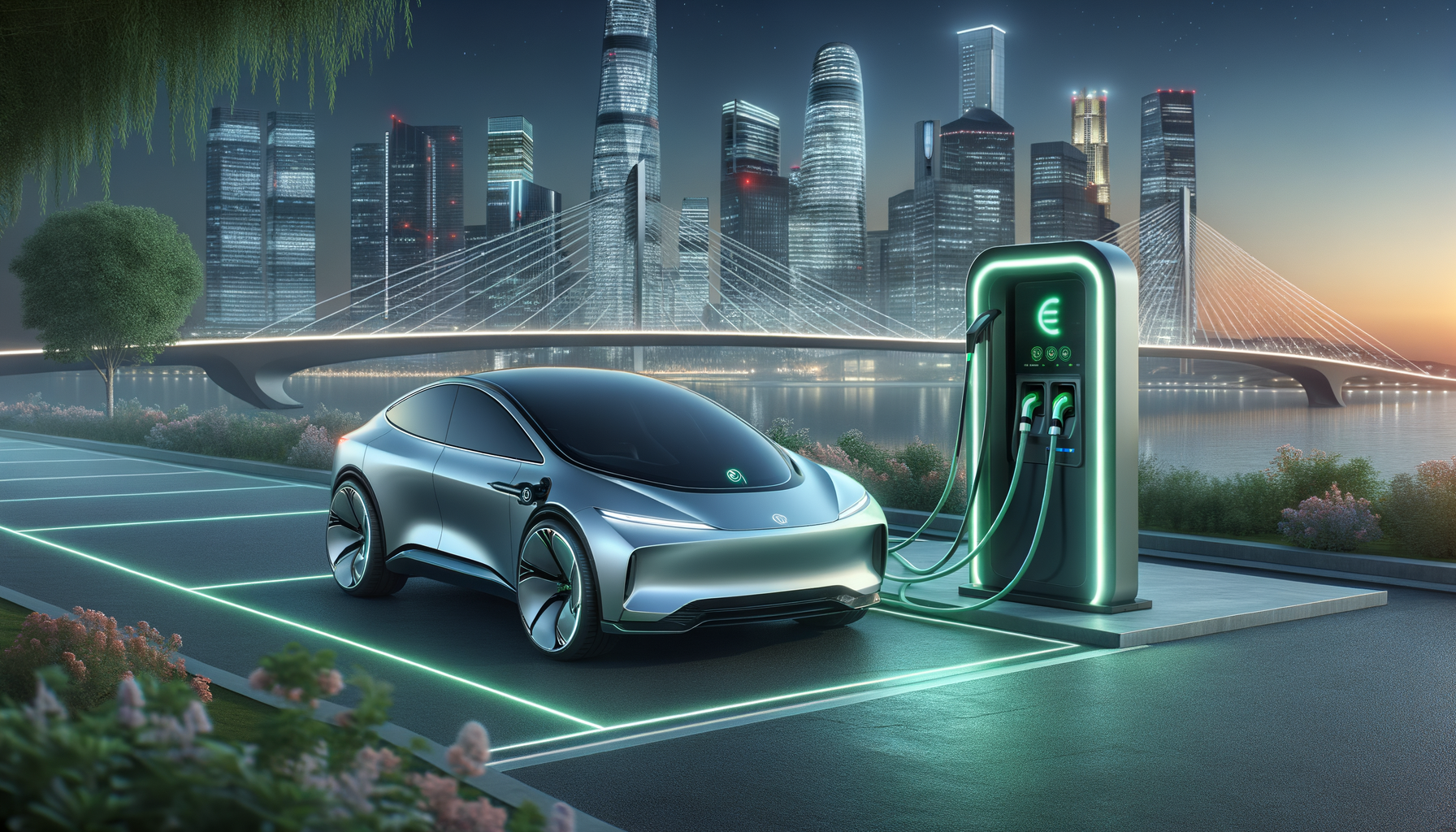
What You Should Know About Electric Cars in 2025
The Rise of Electric Cars: A New Era in Transportation
Electric cars have been gaining momentum over the past decade, and by 2025, they are expected to become a central part of the automotive landscape. The shift towards electric vehicles is driven by a combination of environmental concerns, technological advancements, and changes in consumer preferences. With the global push towards reducing carbon emissions, electric cars offer a cleaner alternative to traditional gasoline-powered vehicles.
One of the primary reasons for the growing popularity of electric cars is their potential to significantly reduce greenhouse gas emissions. Unlike conventional vehicles that burn fossil fuels, electric cars run on electricity, which can be generated from renewable sources such as wind, solar, and hydroelectric power. This transition not only helps in reducing pollution but also decreases dependency on non-renewable energy sources.
Moreover, technological advancements have made electric vehicles more accessible and practical for everyday use. Improvements in battery technology have extended the range of electric cars, addressing one of the major concerns of potential buyers. Additionally, the expansion of charging infrastructure has made it easier for drivers to recharge their vehicles, further enhancing the convenience of owning an electric car.
Environmental Impact: A Greener Choice
The environmental benefits of electric cars are one of their most compelling features. By eliminating tailpipe emissions, electric vehicles contribute to cleaner air and a healthier environment. This is particularly important in urban areas, where air pollution from traffic is a major concern. According to studies, electric cars can reduce carbon dioxide emissions by up to 50% compared to traditional vehicles.
Furthermore, the lifecycle emissions of electric vehicles are generally lower than those of internal combustion engine vehicles. This includes emissions from manufacturing, operation, and disposal. As the electric grid becomes greener, the overall environmental footprint of electric cars will continue to shrink.
Electric cars also help in conserving natural resources. They use fewer raw materials in their construction and have fewer moving parts, which means less wear and tear over time. This results in a longer lifespan and reduced need for replacement parts, contributing to a more sustainable automotive industry.
Cost Considerations: Upfront and Long-term Savings
One of the main concerns for potential electric car buyers is the cost. While the initial purchase price of electric vehicles can be higher than that of conventional cars, several factors contribute to long-term savings. Firstly, electric cars have lower operating costs. Electricity is generally cheaper than gasoline, and electric vehicles require less maintenance due to fewer moving parts and no need for oil changes.
Additionally, many governments offer incentives and tax credits to encourage the adoption of electric vehicles. These financial benefits can significantly offset the higher upfront cost, making electric cars a more attractive option for budget-conscious consumers.
Over time, the total cost of ownership for electric vehicles can be lower than that of traditional cars. As battery prices continue to fall and technology advances, the price gap between electric and gasoline vehicles is expected to narrow, making electric cars more accessible to a wider audience.
Technological Advancements: Driving the Future
The rapid pace of technological innovation is a key factor in the rise of electric vehicles. Battery technology, in particular, has seen significant improvements, leading to increased range and faster charging times. Modern electric cars can now travel hundreds of miles on a single charge, making them suitable for long-distance travel.
In addition to battery improvements, advancements in autonomous driving technology are also shaping the future of electric vehicles. Many electric cars are equipped with advanced driver-assistance systems, offering features such as adaptive cruise control, lane-keeping assist, and self-parking capabilities. These technologies not only enhance safety but also improve the overall driving experience.
Moreover, the integration of smart technology in electric vehicles allows for greater connectivity and convenience. Features such as remote monitoring, over-the-air software updates, and smartphone integration provide drivers with a seamless and personalized experience.
Choosing the Right Electric Car: Key Considerations
With the growing variety of electric vehicles on the market, choosing the right one can be a daunting task. Several factors should be considered when selecting an electric car, including range, charging options, and overall performance.
Range is a critical consideration, especially for those who frequently travel long distances. It’s important to choose a vehicle that offers a range suitable for your daily needs and lifestyle. Additionally, the availability of charging infrastructure in your area should be taken into account to ensure convenient recharging options.
Performance is another important factor. Electric cars are known for their quick acceleration and smooth, quiet ride. However, different models offer varying levels of performance, so it’s essential to test drive several options to find one that meets your expectations.
Finally, consider the total cost of ownership, including potential incentives and tax credits. Researching different models and comparing features, prices, and reviews can help you make an informed decision and find an electric car that suits your needs and budget.